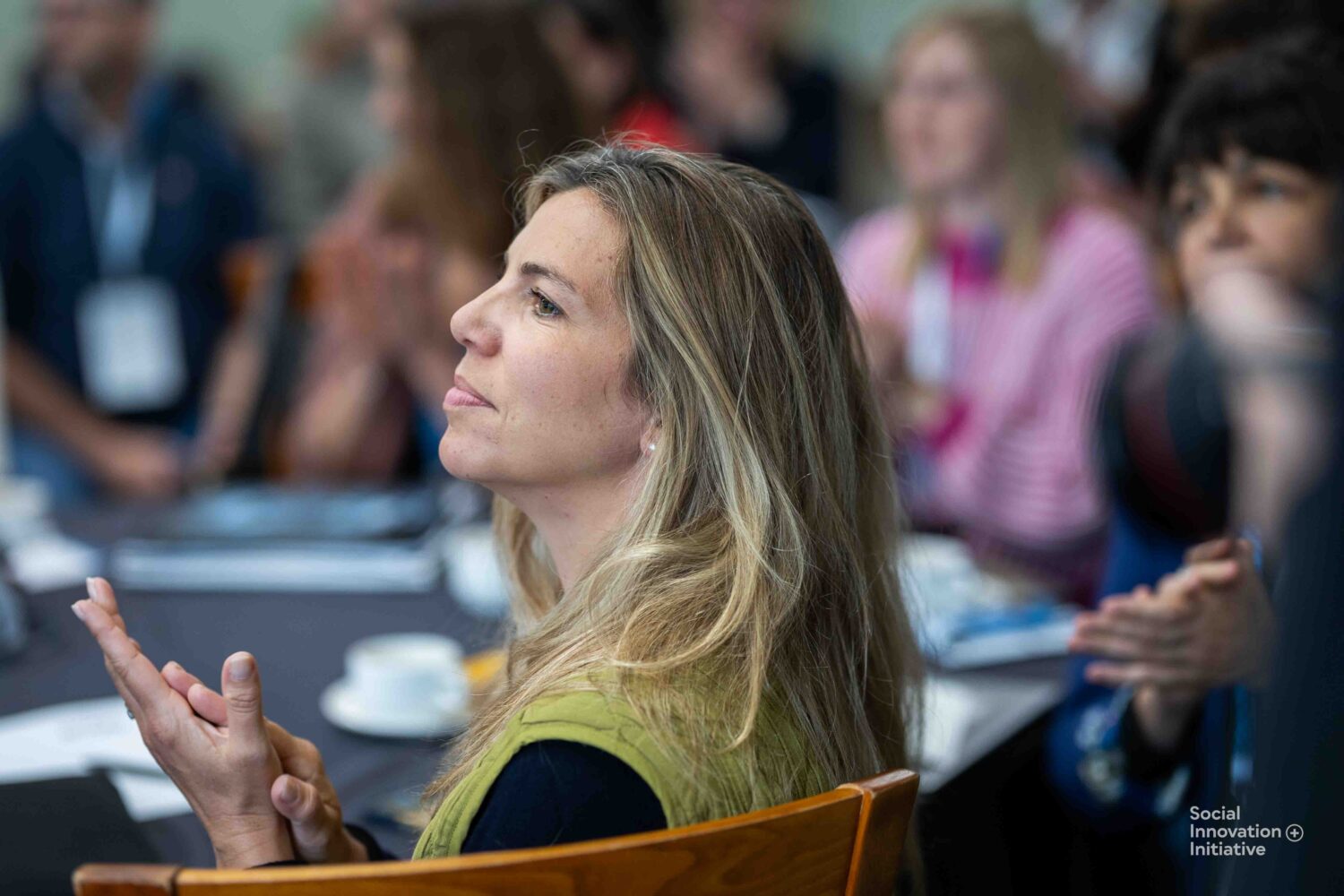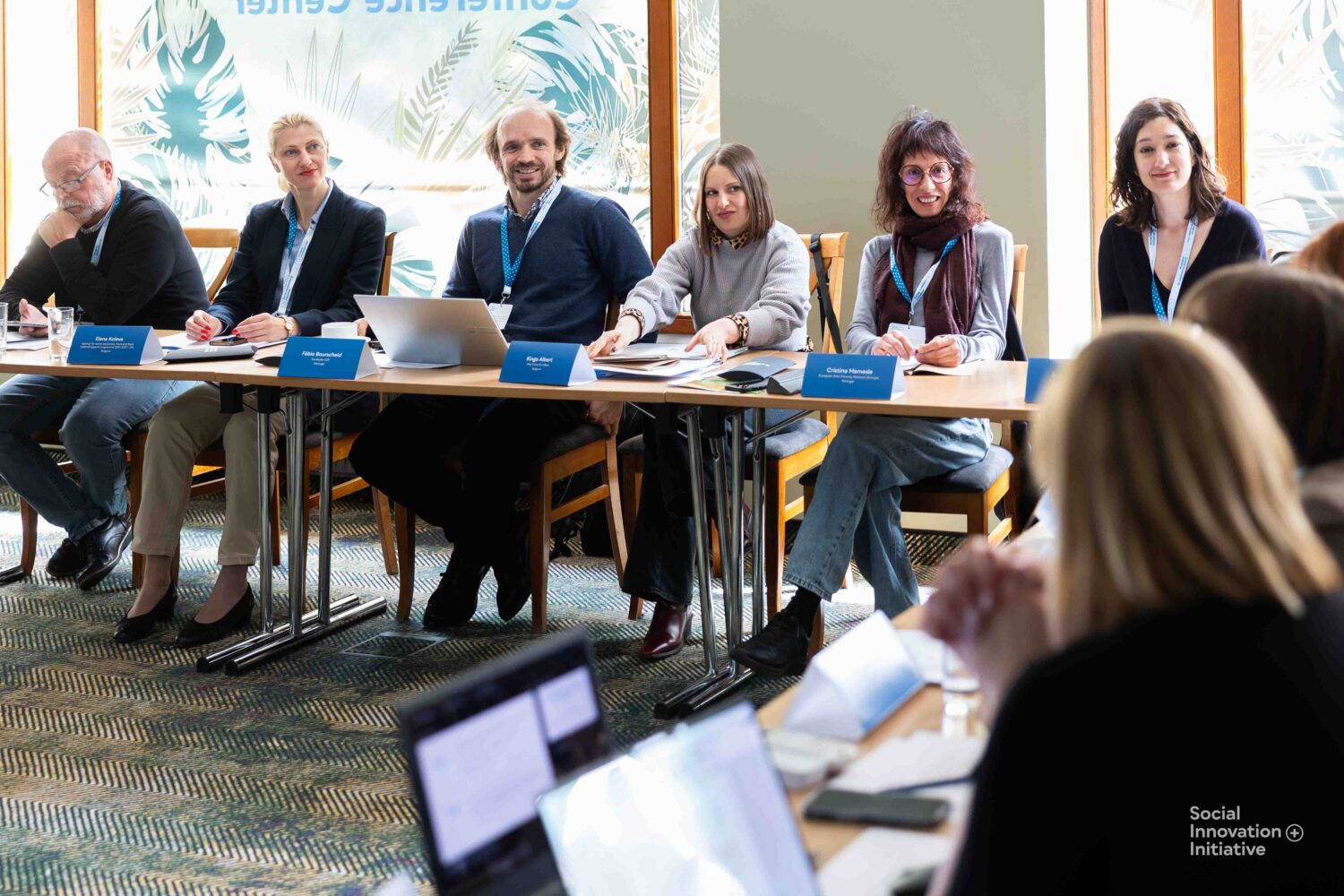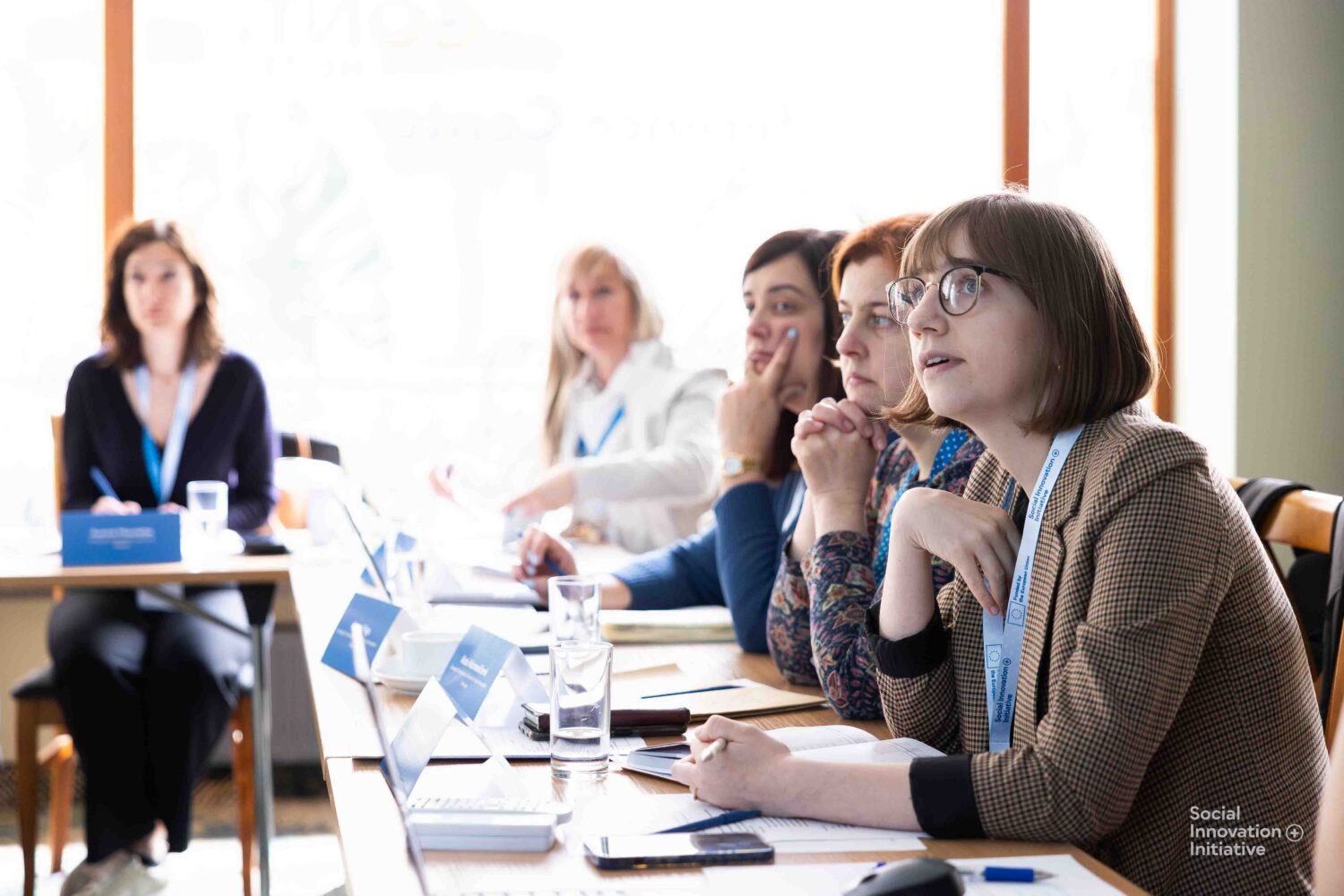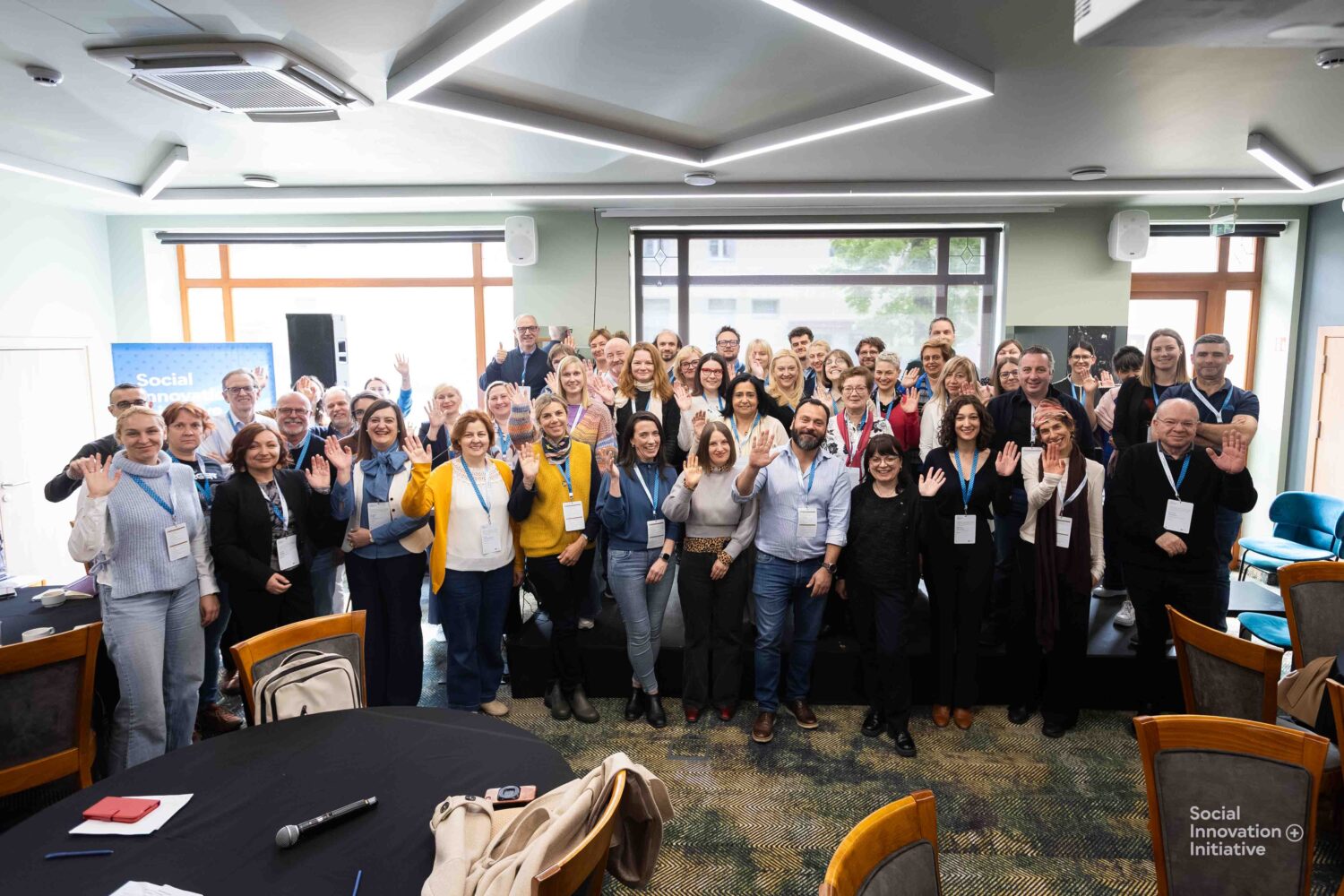Material Support Across the EU: Challenges, Innovations, and the Path Forward Under the ESF+
The ESF+ is a crucial tool that supports the European Union’s commitment to reducing inequalities and promoting social inclusion across Europe. ESF+ support for addressing material deprivation is one of the key instruments in reducing poverty and alleviating material deprivation, providing support to the most vulnerable groups. As Member States face a growing number of socio-economic issues, adequate material support for the most deprived individuals becomes increasingly important. At the same time, it is crucial to ensure that material support schemes are adapted to address complex realities.
Sharing strengths and challenges of material support across the EU
The panel discussion in Vilnius provided insights into the implementation of food aid programmes funded by the ESF+ across different European countries, as well as providing a perspective from the EU level.
Angela Frigo, the moderator of the panel discussion and thematic expert, reflected: ‘The conversations highlighted the diverse realities and practical experiences in implementing the ESF+. While each country faces unique challenges, concrete successes also stood out. The discussion underscored the importance of fostering strong partnerships and building local capacity to deliver support with both impact and dignity.’
Speakers from Estonia, Italy, and Ireland shared their experience with differing models, such as the voucher system in Estonia and food distribution model in Ireland. Italy highlighted its significant scale, having distributed millions of food packages and meals. They also stressed the importance of combining European and national funds alongside a large network of partner organisations.
Familiar challenges and successes emerged from country-specific perspectives. Estonia noted difficulties with outreach in larger cities, and the perception that the quarterly amount of aid provided is often insufficient. In contrast, the distributed food in Ireland is delivering cost savings for partner charities and acting as a crucial connecting force, bringing vulnerable people into contact with organisations offering broader wraparound support services. From an EU-level viewpoint, the Red Cross EU Office acknowledged the vital role of the ESF+, but also stressed that food aid is fundamentally a symptom of deeper structural problems. The discussion also emphasised the importance of involving end beneficiary, forming strong partnerships, and building capacity to ensure material support is delivered effectively and efficiently.
When looking ahead to the development of the ESF+ post-2027, a key question was raised about which elements are essential to maintain. The discussion highlighted an overwhelming consensus on the importance of accompanying measures. These were seen as crucial for enabling long-term support to end beneficiaries. Cooperation and partnership across the public, private, and non-profit sectors were also identified as fundamental to success. While there was a discussion on empowering individuals for employment, it was also noted that many end beneficiaries are very far from the labour market and require sensitive support. This necessitates realism and trust in programme design.
Exploring Lithuania’s innovative material support system: the role of partnerships
Lithuania’s material support system under the ESF+ is based on strong cooperation between public authorities and non-governmental organisations. The programme combines food donations, electronic vouchers (social cards), and accompanying measures to meet the needs of vulnerable individuals. The newly introduced social cards allow end beneficiaries to purchase food and essential goods from a range of retail chains, offering more flexibility and dignity. Meanwhile, food donations distributed by the Food Bank complement the social card system as an additional layer of support for the most vulnerable.
Accompanying measures, delivered either by municipalities or delegated to NGO partners, the Food Bank, and the Red Cross, play a crucial role in supporting recipients beyond material aid. These measures offer various trainings, consultations, legal and psychological advice, and other assistance, thus helping individuals move towards greater stability and inclusion.
Recommendations for the development of the first-ever EU Anti-Poverty Strategy
During its meeting in February 2025, the CoP on Material Support began shaping its input for the forthcoming EU Anti-Poverty Strategy, drafting initial proposals based on challenges and priorities shared across members. The early recommendations focused on adopting a multidimensional and inclusive approach, recognising food and basic material support as key components of the strategy, and strengthening the partnership principle by reinforcing the role of NGOs and embedding the participation of individuals experiencing poverty.
These topics were further explored during the dedicated workshop in Vilnius, where members engaged in an in-depth discussion through guided questions. They discussed ways to better integrate material support into broader social policies, combine short-term assistance with long-term empowerment, and ensure consistent stakeholder involvement across Member States. These insights are intended to contribute to the development of the strategy, ensuring that material support remains a key component of the EU’s broader efforts to reduce poverty.
From reflection to action: advancing material support to tackle poverty and material deprivation
The ESF+ Community of Practice on Material Support event in Vilnius provided a valuable opportunity to reflect on the current state of material support under ESF+ and to explore future directions in addressing poverty across the EU. Through the exchange of national practices and in-depth discussions, participants gained a deeper understanding of how material support can be made more responsive, effective, and dignified. The experiences highlighted the importance of strong partnerships, flexible delivery systems, and a person-centred approach.
With continued collaboration and mutual learning, material support will remain a vital tool in the EU’s wider efforts to combat poverty and reduce inequalities.












